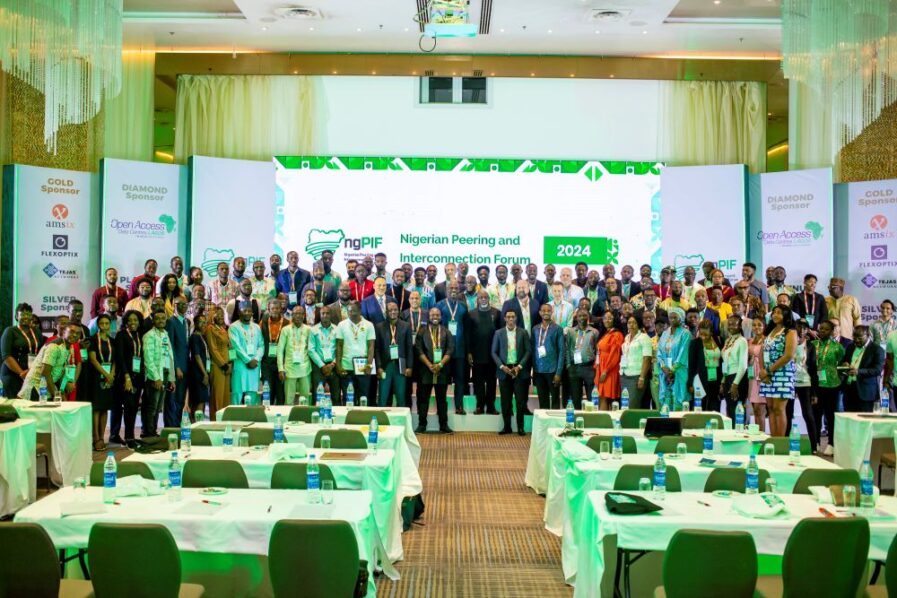
Stakeholders in Africa’s Internet ecosystem, who gathered in Lagos for the Nigerian Peering and Interconnection Forum (ngPIF), have called for expanded Internet infrastructure in Nigeria, cum Africa.
Hosted by the Nigerian Network Operator Group (ngNOG) and the Internet Exchange Point of Nigeria (IXPN), the forum attracted government officials, industry leaders, and technology experts committed to enhancing digital connectivity in Nigeria.
Statistics from the Nigerian Communications Commission (NCC) put Internet users at 132 million. The GSMA said about 120 million Nigerians are without mobile Internet.
Opening the event, Lagos State Governor, Babajide Sanwo-Olu, emphasised the critical role of Internet connectivity in driving Nigeria’s economic growth and development. Represented by the Senior Adviser on Technology, Broadband & Innovation, Ganiyu Oseni, Governor Sanwo-Olu reiterated the Lagos State government’s commitment to fostering digital inclusion and expanding infrastructure.
“Digital connectivity is not just a tool for communication; it is a catalyst for economic transformation,” Oseni said on behalf of the Governor. “We are committed to supporting initiatives like ngPIF that push the boundaries of digital infrastructure and bring the benefits of connectivity to all Nigerians.”
The two-day forum featured a series of panel discussions and workshops, with participants focusing on key topics such as peering, interconnection, data centres, and the role of government in creating a conducive environment for digital innovation.
National Coordinator of ngPIF, Prof. Wale Adedokun, underscored the forum’s mission to bridge Nigeria’s digital divide, particularly between urban and rural areas. “The essence of ngPIF is to foster collaboration among stakeholders to ensure internet resources are more accessible and affordable across Nigeria,” he stressed.
CEO of IXPN, Muhammed Rudman, echoed the sentiment, emphasising the importance of rural connectivity to ensure that all citizens can access the digital economy. “The government’s support is crucial for expanding internet access in underserved areas, particularly through mechanisms like the Universal Service Provision Fund (USPF),” Rudman explained.
In addition, CEO of Open Access Data Centre (OADC), Ayotunde Coker, highlighted ngPIF’s role in building a robust peering community that includes infrastructure providers, content creators, service providers, and policymakers. “This forum has evolved into a vibrant community dedicated to advancing Nigeria’s interconnection and peering infrastructure, putting the country on the global digital map,” Coker stated.






